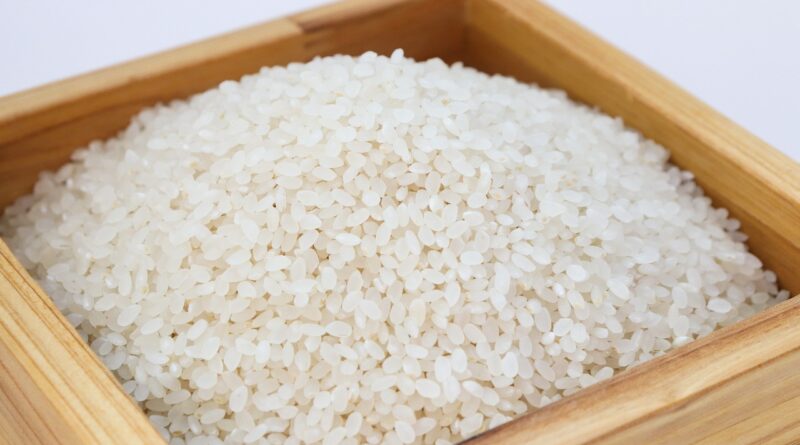Farmers demand probe into arsenic claims in Titabor rice, call it a ‘conspiracy’
Farmers in Titabor have strongly contested recent research findings from Assam Agricultural University (AAU) that claim traces of arsenic have been found in the region’s famed Titabor rice.
Expressing their outrage, farmers have called for an immediate inquiry into what they believe to be a conspiracy aimed at tarnishing the reputation of their rice and jeopardising their livelihoods.
A study conducted over two years under Professor Samiran Dutta of the Department of Land Sciences, AAU, found 0.5 to 0.8 milligrams of arsenic in Titabor rice. The research, which involved the use of groundwater for testing, sparked widespread concerns and protests among the local farming community.
Titabor farmers have firmly refuted the findings, arguing that paddy cultivation in the region relies entirely on rainwater and not groundwater. Since arsenic contamination is often associated with groundwater sources, farmers believe that the research does not reflect the actual conditions under which they cultivate rice.
“The claims of arsenic in Titabor rice are baseless. We grow paddy using only rainwater, which does not contain arsenic. This research is misleading and appears to be part of a conspiracy to damage the reputation of our rice,” said a local farmer.Another farmer questioned the methodology used in the study.
“If arsenic is present in our fields, then why hasn’t it been detected in other crops like betel leaf, coconut, or chili that grow alongside paddy? This research seems biased and does not reflect reality. We demand a thorough investigation into the matter.
“Titabor rice is widely regarded for its high quality and unique taste, making it one of Assam’s most valued agricultural products.Farmers fear that the negative publicity surrounding the arsenic claims could lead to economic losses, impact sales, and damage the credibility of their produce.
“Titabor rice is famous across Assam. If false reports about arsenic contamination spread, it will hurt not just farmers but also consumers who rely on our produce,” a farmer said.
Demanding a fair and transparent probe, farmers have urged authorities to review the research methodology used by AAU and verify whether the samples tested were actually representative of the fields in Titabor.
“We appeal to the government and agricultural experts to investigate these claims thoroughly. If there is arsenic in our rice, it must be proven with accurate research. Otherwise, such reports should not be used to damage our livelihood,” said a senior farmer leader.
This article has been republished from The Assam Tribune.

